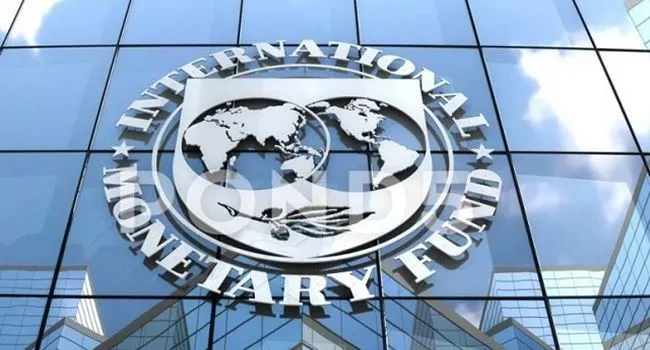The International Monetary Fund, IMF has outlined an “overwhelming” case for tackling climate change that would dwarf the short-term increase in costs to the economy forecast because of a shift in energy to renewable sources by 2030.
The short-term costs, according to the fund is expected to increase because of “further procrastinating” by governments globally in the effort to lower greenhouse gas emissions by the necessary 25 per cent over the next eight years to limit global warming.
The fund estimated a lowering of global growth caused by implementing climate change policies by the end of the decade, stating that a “rapid” transition towards low-carbon technologies would cost the global economy between 0.15 and 0.25 percentage points of GDP growth annually to 2030.
Experts urge FG to include climate change in educational curriculum
The fund forecasts that GDP growth costs will be lower, ranging from 0.05 to 0.2 percentage points annually in China, the US and Europe, a development which is expected to cause an increase of between 0.1 and 0.4 percentage points of inflation a year compared with the baseline, assuming governments had budget-neutral policies.
However, the fund said that there was “overwhelming evidence” that “any short-term costs will be dwarfed by the long-term benefits (with respect to output, financial stability, health) of arresting climate change,”.
It said that while there was “little consensus” on the near-term macroeconomic consequences of climate change policies, the costs would be “manageable” if “the right measures are implemented immediately and phased in gradually over the next eight years.
Recall that under the terms of the 2015 Paris Agreement, 189 countries agreed to limit global warming to below 2C and preferably to about 1.5C. Temperatures have already risen at least 1.1C because of human activity in the industrial era.
Earlier this year, the UN’s Intergovernmental Panel on Climate Change report found that a 43 per cent cut to global greenhouse gas emissions by 2030, compared with 2019, would be needed to meet the goals of the Paris climate accord.
The IPCC report which was compiled by 278 scientists across 195 countries, found that without immediate action the world was on track for a 3.2C rise in temperatures by the end of the century.
And the IMF has already said that reaching such goals would require a large increase in greenhouse gas emissions taxes, regulations on emissions and significant investment in low-carbon technologies.
Story was adapted from Financial Times.
